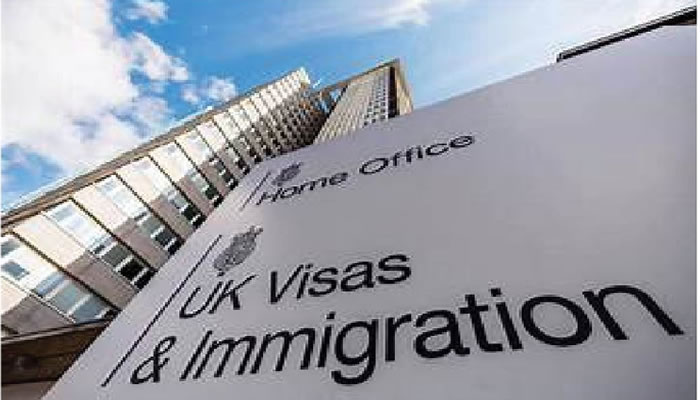By Peter Omopo
A new immigration reform proposal unveiled by the British government has sent shockwaves through Nigeria’s youth population, many of whom had set their sights on relocating to the United Kingdom for work or academic opportunities.
The UK Prime Minister, Keir Starmer, on Monday presented the 2025 Immigration White Paper titled “Restoring Control over the Immigration System”, outlining sweeping changes aimed at reducing net migration by 100,000 annually. The proposals target work, study, family, and asylum migration routes, and have been met with widespread concern both within and outside the UK.
Among the key proposed measures are tougher requirements for skilled workers, extended settlement periods, stricter English language tests, and a reduced post-study visa period for international graduates. The paper also hints at the closure of the social care visa route to new overseas applicants, a move likely to affect thousands of Nigerians who have used that pathway to gain employment and residence in the UK.
Although the White Paper is still at the consultation stage and not yet law, the policy direction has prompted many Nigerians to reconsider their plans.
“This document marks a shift in immigration strategy, with significant implications for prospective migrants,” said Dr. Oyedele Ogundana, a senior lecturer at Nottingham Trent University. “Given the stricter requirements—like longer settlement periods and the closure of certain visa routes—Nigerians should consider alternative destinations such as Germany, Portugal, Canada, or Australia, which offer more flexible immigration frameworks.”
According to the White Paper, the UK will now require skilled worker applicants to hold university degrees and meet higher salary thresholds. Sponsoring employers will also face a 32 per cent increase in the Immigration Skills Charge for the first time since 2017.
Universities, too, are under pressure. The government plans to reduce the graduate visa period from two years to 18 months and may introduce a levy on income from international students. Institutions must now maintain a minimum 95 per cent enrolment rate and a 90 per cent completion rate to continue sponsoring international students.
The route to permanent settlement has also been tightened, with the default duration extended from five to 10 years unless the individual demonstrates significant economic or social contribution.
A clause that has generated particular alarm states: “Legislation will be brought in to make clear that the government and parliament, not courts, determine who should stay, tackling misuse of Article 8 (right to family life) to block deportations.”
Legal experts say this signals a potential erosion of legal protections for migrants. A London-based Nigerian attorney, Mrs. Efuru Nwapa, noted, “The Prime Minister is under pressure to control migration numbers. These proposals aim to ease the burden on public services, but they also raise human rights concerns.”
Many Nigerian youths, especially those in the application process, are now looking to alternative destinations. Others already in the UK are being urged to seek legal counsel to navigate the evolving immigration landscape.
While the proposed changes are not yet law, the White Paper marks a pivotal moment that may reshape the UK’s appeal as a top destination for Nigerian professionals and students.

